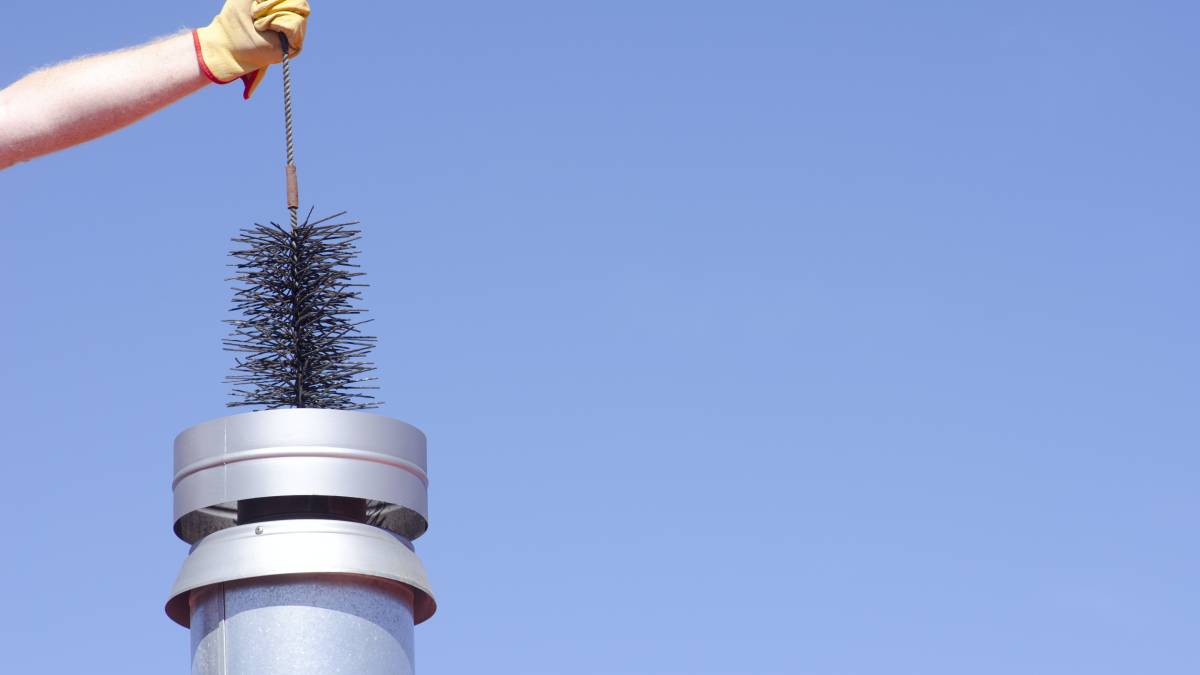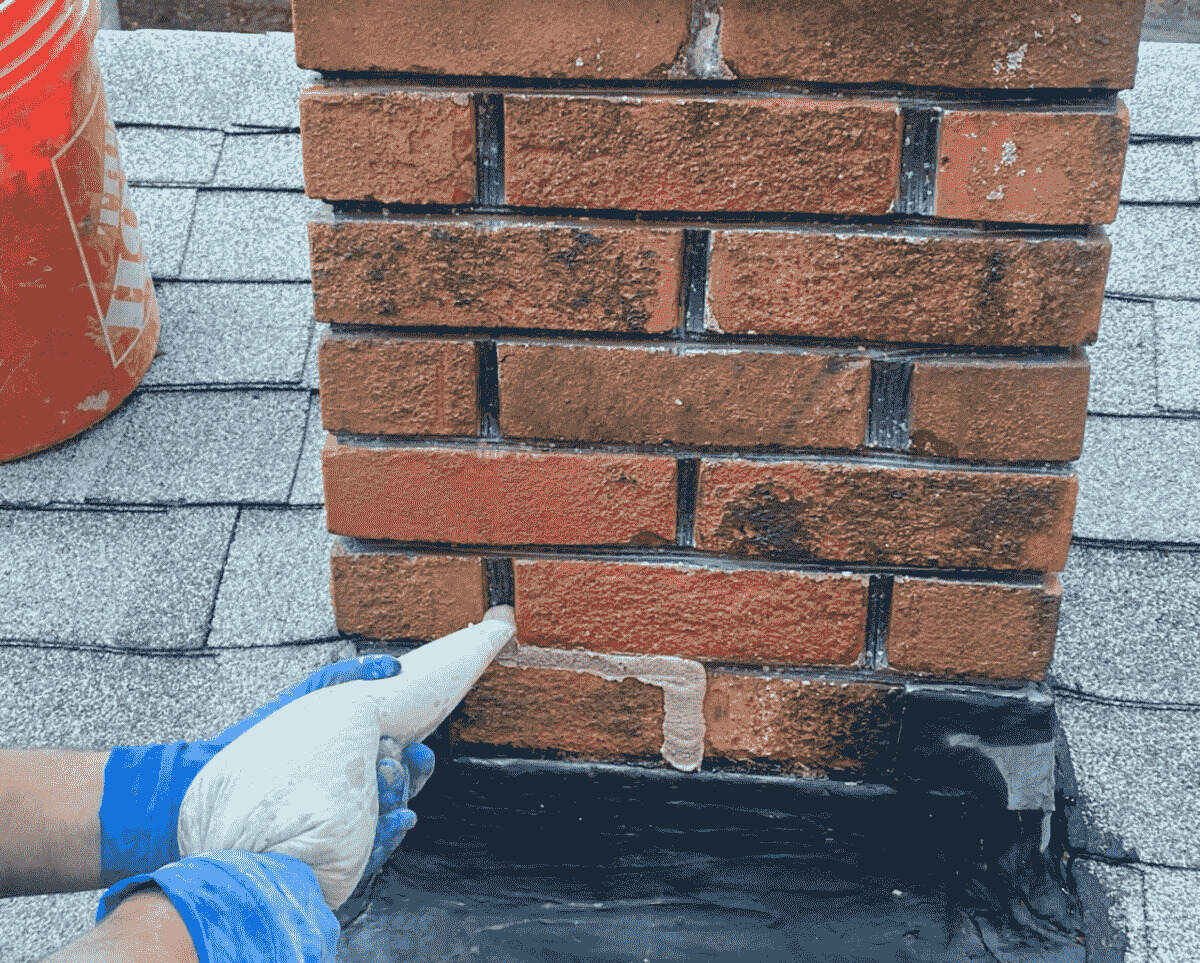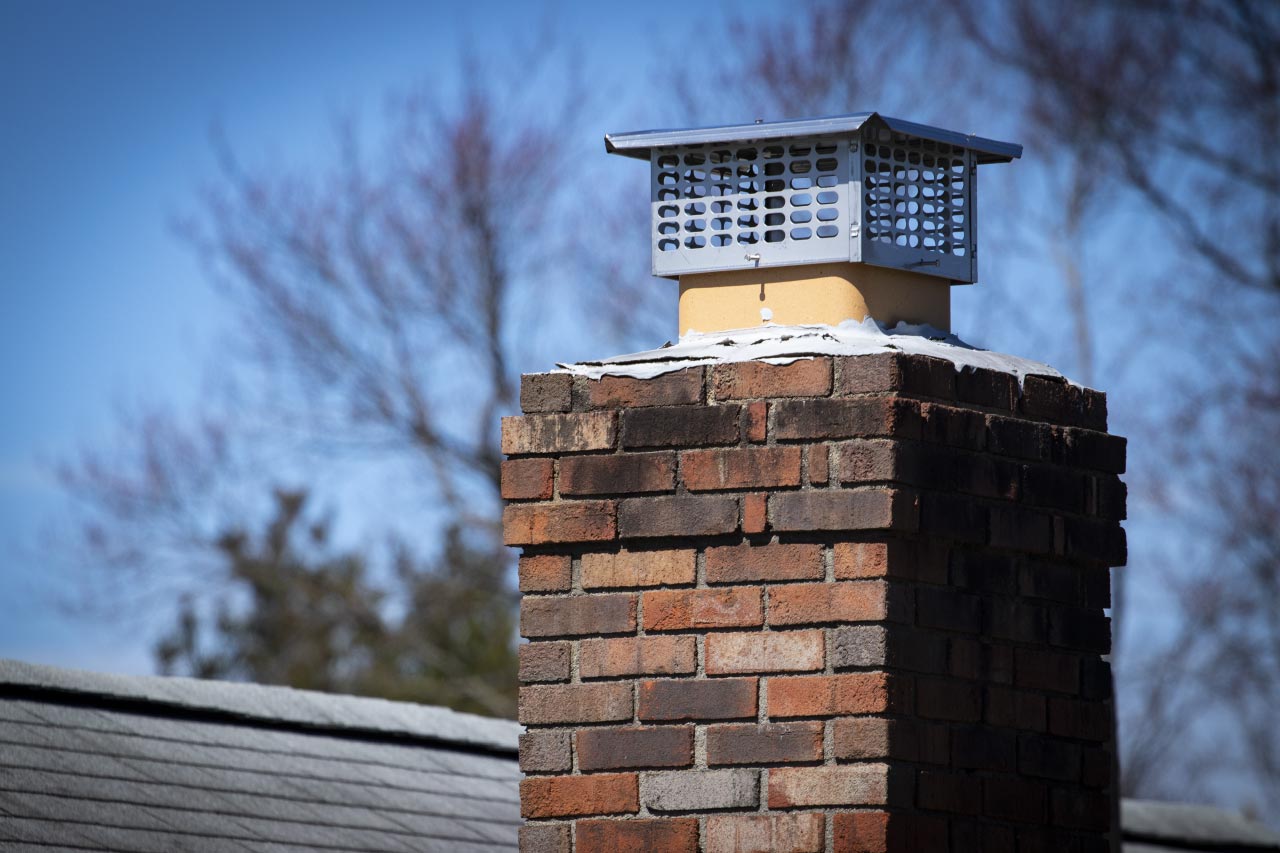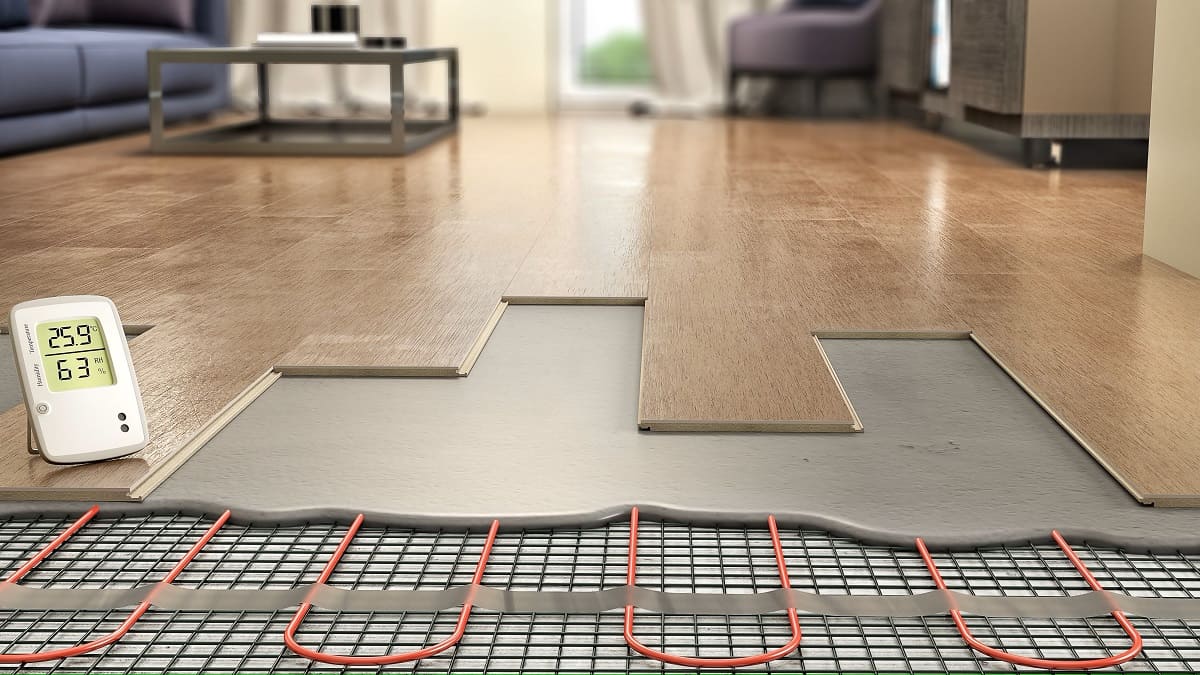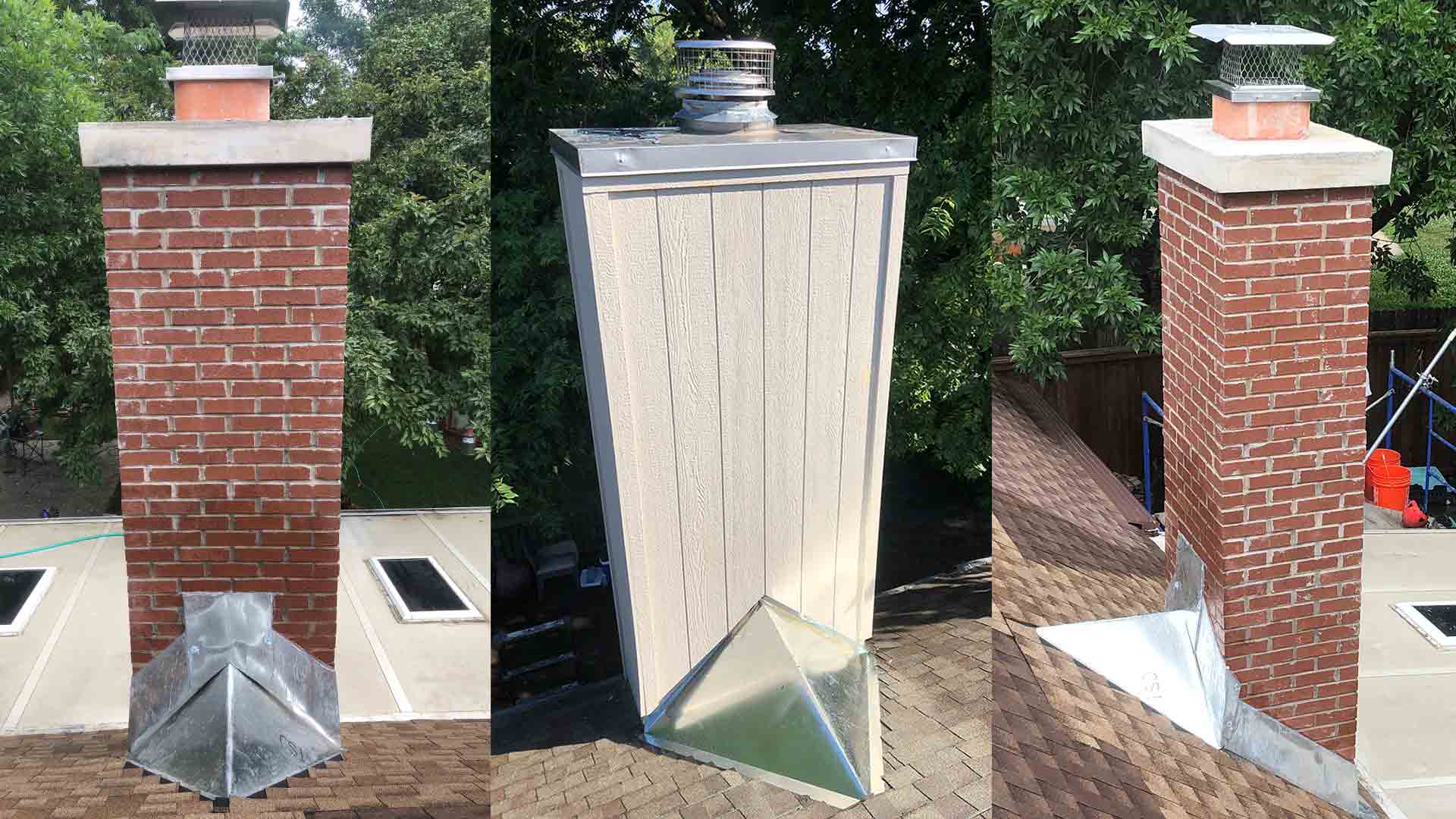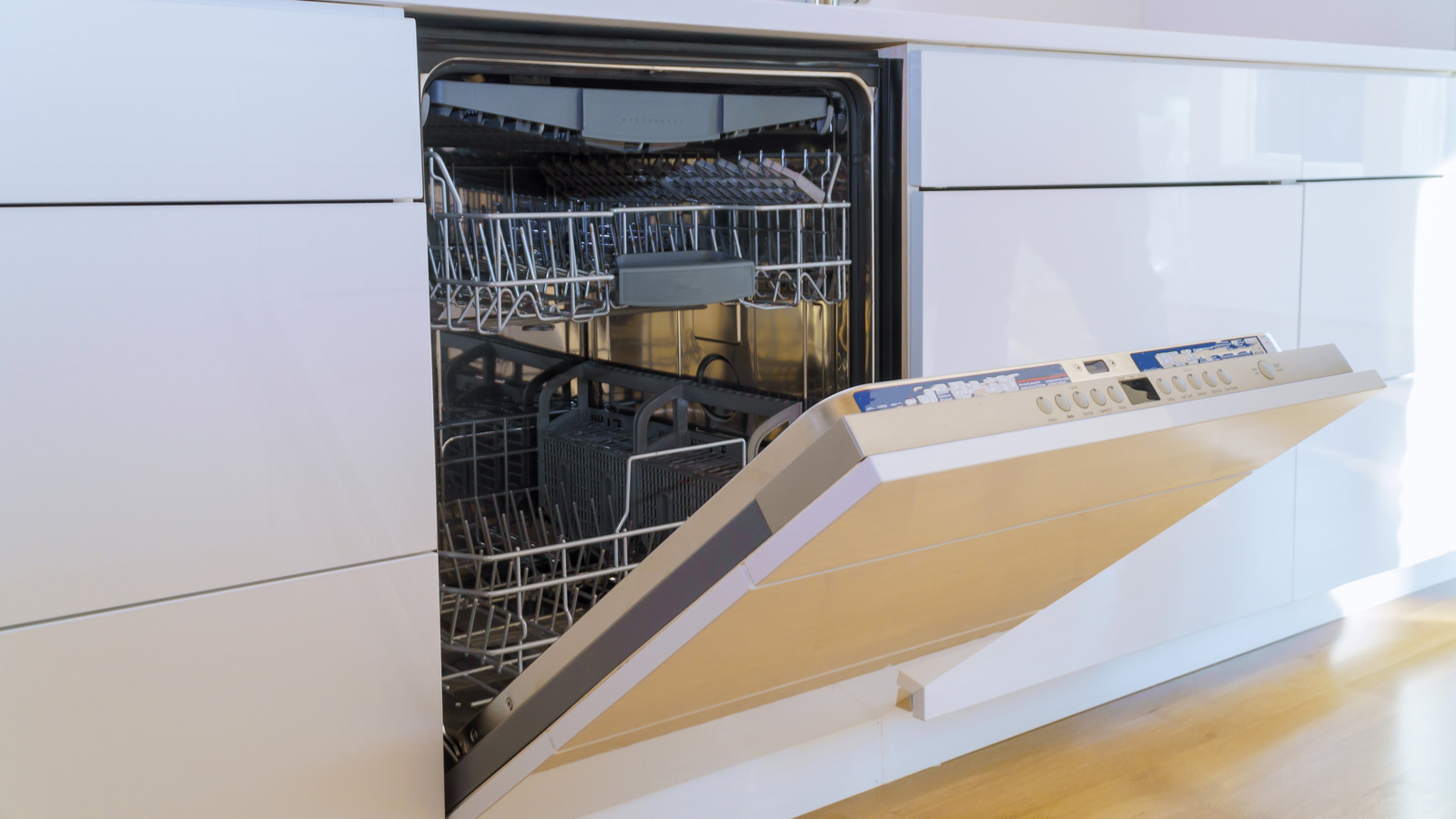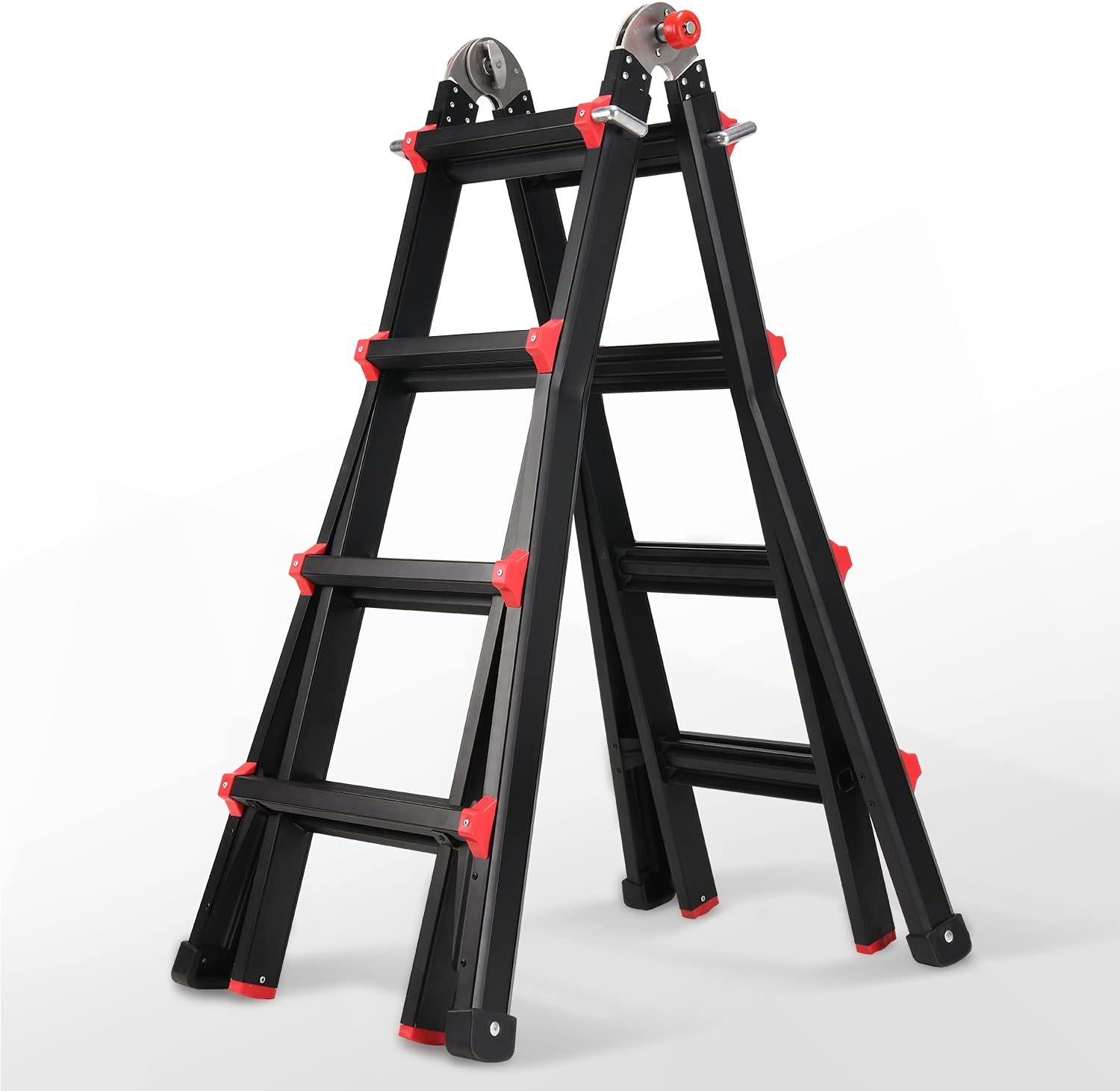Home>Home Maintenance>How Much Does Vacuum Repair Cost
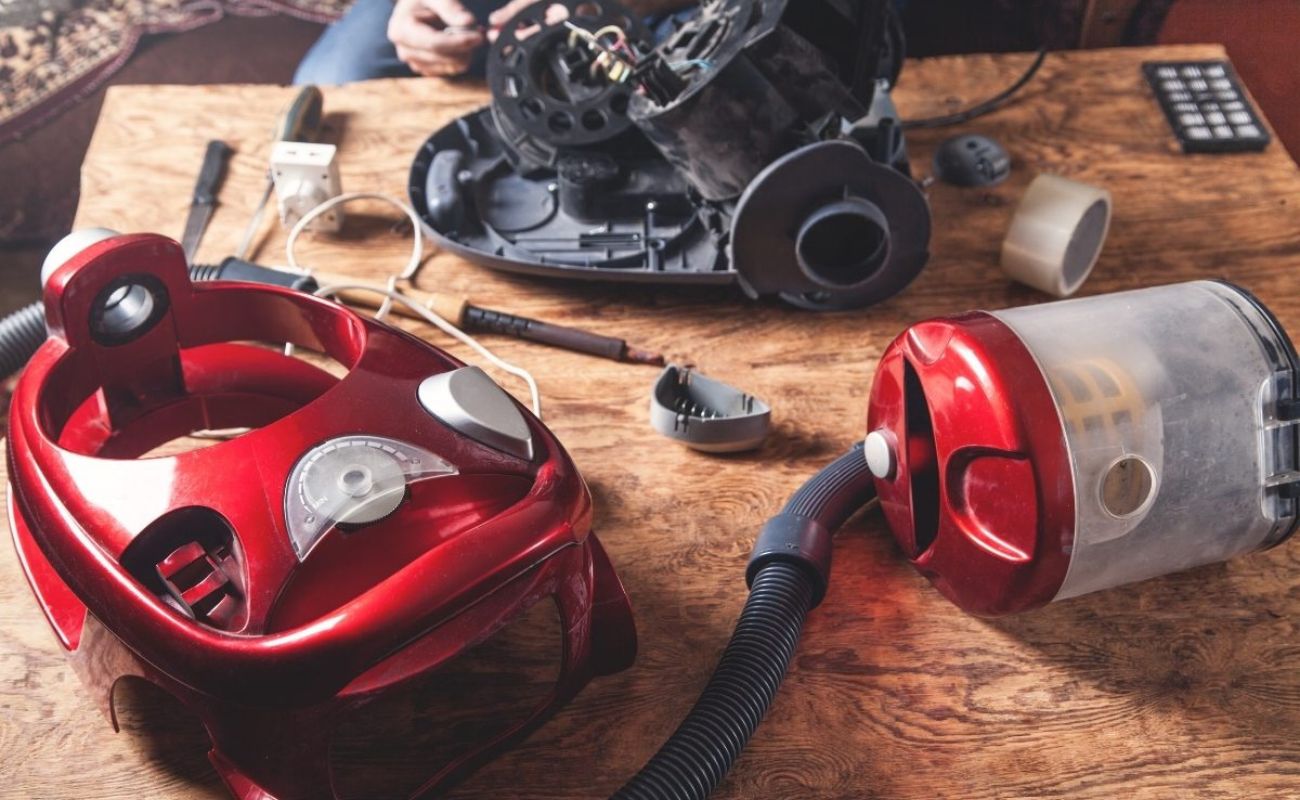

Home Maintenance
How Much Does Vacuum Repair Cost
Modified: October 20, 2024
Get an estimate for home maintenance and vacuum repair costs. Find out how much it typically costs to repair your vacuum and keep your home in top shape.
(Many of the links in this article redirect to a specific reviewed product. Your purchase of these products through affiliate links helps to generate commission for Storables.com, at no extra cost. Learn more)
Introduction
Having a fully functional vacuum cleaner is essential for maintaining a clean and healthy home. However, even the most reliable vacuum cleaners can experience issues and require repair. When a vacuum starts to lose suction, make strange noises, or stop working altogether, it can be frustrating. The first question that comes to mind is, “How much will the repair cost?”
In this article, we will explore the factors that can affect the cost of vacuum repairs, common repair services and their associated costs, the pros and cons of DIY repairs versus professional repairs, considerations for choosing a vacuum repair service, and money-saving tips for getting your vacuum back in working order without breaking the bank.
Understanding the factors that contribute to vacuum repair costs is crucial. The complexity and extent of the issue, the make and model of the vacuum, the availability of spare parts, and the labor involved will all impact the final repair bill. By being aware of these factors, you can better manage your expectations and make informed decisions when it comes to repairing your vacuum.
We will also take a close look at common vacuum repair services and their associated costs. Whether it’s a simple brush roll replacement or a more complex motor repair, knowing the average cost range for each service can give you an idea of what to expect when you take your vacuum to a repair shop or hire a professional technician.
For those who are inclined to tackle vacuum repairs on their own, we will weigh the pros and cons of going the DIY route versus hiring a professional. While DIY repairs can save you money, they may not always be the best option, especially if you lack expertise or the necessary tools. We will provide insights on when it’s okay to attempt a DIY repair and when it’s best to leave it to the professionals.
Choosing a reputable and trustworthy vacuum repair service is also crucial to get quality repairs at a fair price. We will cover the key factors to consider when selecting a repair service, such as reputation, experience, warranty, and customer reviews. By following these guidelines, you can avoid scams and ensure your vacuum is in the hands of skilled professionals.
Finally, we will provide some practical tips on how to save money on vacuum repairs without compromising on the quality of the service. From regular maintenance and simple troubleshooting to exploring warranty options and comparing prices, these tips will help you keep your vacuum running smoothly while keeping costs down.
So, if you’re wondering how much vacuum repair costs and how to make the most cost-effective decisions when faced with a malfunctioning vacuum cleaner, read on. Let’s delve into the world of vacuum repairs and ensure your cleaning companion gets back to its high-functioning state without draining your wallet.
Key Takeaways:
- Vacuum repair costs vary based on factors like issue complexity, make/model, spare part availability, labor, and location. Understanding these factors helps anticipate and manage repair expenses effectively.
- DIY vacuum repairs can save money, but professional repairs offer expertise and peace of mind. Consider skill level, repair complexity, and available resources to make a cost-effective decision.
Read more: How Much Does Chimney Inspection Cost
Factors Affecting Vacuum Repair Costs
When it comes to vacuum repairs, the cost can vary significantly depending on several factors. Understanding these factors will give you a clearer idea of what to expect when it comes time to repair your vacuum.
The complexity and extent of the issue with your vacuum will be a significant factor in determining the repair cost. Minor issues like a clogged hose or a worn-out belt can usually be resolved relatively quickly and inexpensively. On the other hand, more significant problems such as a malfunctioning motor or a damaged power cord may require more extensive repairs and increase the overall cost.
The make and model of the vacuum also play a role in repair costs. Some vacuum brands may have higher parts or labor costs, while others may have readily available and affordable replacement components. It’s essential to consider the brand and model of your vacuum when budgeting for repairs.
The availability of spare parts is another crucial factor that affects repair costs. If your vacuum is older or less common, finding the necessary replacement parts may be challenging. In such cases, repair shops may need to source the parts from specialized suppliers, resulting in higher costs. On the other hand, if your vacuum is a popular model with readily available spare parts, the repair costs may be more affordable.
Labor costs also contribute to the overall repair bill. Technicians need to diagnose the problem, disassemble the vacuum, replace any faulty components, and reassemble the vacuum. The complexity of the repair and the time required for the technician to complete the job will impact the final cost. Additionally, labor rates can vary depending on the repair shop or technician’s experience and location.
Lastly, geographical location can also influence repair costs. Repair services in urban areas or regions with higher living costs may have higher labor rates, impacting the overall repair cost. It’s worth considering this factor when seeking out repair services in your area.
Overall, the factors that affect vacuum repair costs include the complexity and extent of the issue, the make and model of the vacuum, the availability of spare parts, labor costs, and geographical location. By understanding these factors, you can better anticipate the potential cost of repairing your vacuum.
Common Vacuum Repair Services and Their Costs
When your vacuum cleaner starts showing signs of trouble, it’s helpful to have an idea of the common repair services and their associated costs. Here are some typical vacuum repair services and their average price ranges:
- Belt Replacement: One of the most common issues with vacuum cleaners is a broken or worn-out belt. The cost of replacing a belt can vary depending on the vacuum’s make and model, but on average, it may range from $5 to $20.
- Brush Roll Replacement: The brush roll, also known as the beater bar, is responsible for agitating the carpet and loosening dirt and debris. Over time, the bristles may wear out or become clogged. The cost of replacing a brush roll typically falls between $20 and $50.
- Motor Repair or Replacement: If your vacuum’s motor is malfunctioning or completely burned out, it will need repair or replacement. The cost for motor repair or replacement can be significant and range from $50 to $200, depending on the make and model of the vacuum.
- Hose or Wand Replacement: Damaged or clogged hoses and wands can obstruct suction and reduce the efficiency of your vacuum. The cost of replacing a hose or wand can range from $20 to $80, depending on the length and complexity of the part.
- Suction Loss Troubleshooting: When your vacuum is experiencing a loss of suction, it may require professional troubleshooting to identify the underlying cause. The cost for suction loss troubleshooting can range from $30 to $80, depending on the complexity of the issue.
- Cord Replacement: If the power cord of your vacuum is frayed or damaged, it will need to be replaced for safe use. The cost of cord replacement can vary but typically falls between $20 and $50.
It’s important to note that these price ranges are estimates and can vary depending on factors such as the make and model of your vacuum, the brand of replacement parts used, and the labor rates of the repair service.
When seeking out repair services, be sure to inquire about the specific costs for the services your vacuum requires. Some repair shops may offer flat rates for certain repairs, while others may charge based on the specific parts and labor required.
Knowing the average costs of common repair services will help you budget for the repairs and make informed decisions when it comes to assessing the viability of repairing your vacuum.
DIY Vacuum Repair vs. Professional Repair: A Cost Comparison
When faced with a malfunctioning vacuum cleaner, you might be tempted to take matters into your own hands and attempt a DIY repair. While DIY repairs can save you money, they may not always be the most cost-effective or practical solution. Let’s compare the costs and considerations associated with DIY vacuum repairs versus professional repairs.
Cost of DIY Vacuum Repair: The primary advantage of DIY repairs is the potential cost savings. By troubleshooting and fixing the issue yourself, you can avoid paying for professional labor. However, DIY repairs come with their own costs. You may need to invest in specialized tools, replacement parts, or cleaning solutions, which can add up. Additionally, if you are not familiar with the specific repair process or lack the expertise, there is a risk of causing further damage, which could result in higher repair costs in the long run.
Cost of Professional Vacuum Repair: Hiring a professional to repair your vacuum comes with labor costs. The cost of professional repair services can vary depending on the complexity of the issue, the make and model of the vacuum, and the repair shop’s rates. While professional repairs may come with a higher upfront cost compared to DIY repairs, they often provide peace of mind and guarantee quality workmanship. Repair shops also have access to specialized tools, knowledge, and experience to handle a wide range of vacuum issues efficiently.
Considerations for DIY Repairs: Before attempting a DIY vacuum repair, consider your skill level, available tools, and comfort with handling electrical components. Some simple repairs like replacing a belt or cleaning a clogged hose may be relatively straightforward and safe to tackle on your own. However, more complex repairs, such as motor replacement or electrical repairs, require advanced knowledge and expertise. In such cases, it’s generally safer and more cost-effective to leave the repair to a professional technician.
Considerations for Professional Repairs: Professional repairs are ideal for complex problems, vacuum models with limited DIY resources, or when you lack the time or knowledge to perform the repair yourself. Choosing a reputable repair service is crucial to ensure that quality work is done and that your vacuum is in capable hands. Research customer reviews, check for warranties, and inquire about the repair shop’s experience and expertise before making a decision.
In some cases, the most cost-effective approach may be a combination of DIY and professional repair. For example, you could attempt simple troubleshooting at home and then consult a professional if the issue persists or if you require more extensive repairs.
Ultimately, the decision between DIY and professional vacuum repair depends on the complexity of the issue, your comfort level and expertise, the availability of DIY resources for your specific vacuum model, and your budget. Considering these factors will help you make an informed decision that balances cost-effectiveness and the quality of the repair.
Before getting your vacuum repaired, ask for a cost estimate from a few different repair shops. Prices can vary, so it’s important to shop around for the best deal.
Choosing a Vacuum Repair Service: Factors to Consider
When your vacuum cleaner is in need of repair, choosing the right repair service is crucial. You want to ensure that your vacuum is in the hands of skilled technicians who can provide quality repairs at a fair price. Here are some factors to consider when selecting a vacuum repair service:
Reputation and Experience: Start by researching the reputation and experience of the repair service. Look for reviews and testimonials from previous customers to get an understanding of their track record. A reputable repair service will have positive feedback and a proven history of providing satisfactory repairs.
Specialization and Expertise: Not all repair services specialize in vacuum repairs. Look for a service that has specific expertise in handling vacuum cleaners. This ensures that the technicians are experienced in diagnosing and repairing various vacuum models and understand the intricacies involved.
Warranty: Check if the repair service offers any warranty on their repairs. A warranty provides peace of mind, as it guarantees that if the same issue reoccurs within a specified period, the repair will be fixed free of charge. This shows that the repair service is confident in the quality of their work.
Turnaround Time: Consider the repair service’s turnaround time. A reliable repair service will strive to complete the repairs as quickly as possible, minimizing the inconvenience of being without your vacuum. However, be cautious of repair services that promise extremely fast turnaround times, as rushed repairs may compromise the quality of the work.
Pricing Transparency: Look for a repair service that provides transparent pricing. They should be upfront about their rates and any additional charges for parts or labor. Avoid repair services that provide vague estimates or surprise you with hidden fees after the repair is complete.
Location and Accessibility: Consider the location and accessibility of the repair service. Opt for a service that is conveniently located and easily accessible. This will make dropping off and picking up your vacuum more convenient, saving you time and effort.
Customer Service: Pay attention to the level of customer service provided by the repair service. A reputable repair service will have friendly and knowledgeable staff who are willing to answer your questions and address any concerns you may have. Good communication and customer support enhance the overall repair experience.
Certifications and Affiliations: Check if the repair service has any certifications or affiliations with reputable organizations. Certifications indicate that the technicians have received proper training and adhere to industry standards. Affiliations with recognized associations can also be a mark of credibility.
By considering these factors, you can make an informed decision when choosing a vacuum repair service. Take the time to research and compare different repair services to ensure that your vacuum receives the best possible care and repairs.
Read more: How Much Does It Cost To Replace A Chimney
Tips for Saving Money on Vacuum Repairs
Dealing with a malfunctioning vacuum cleaner can be a frustrating and costly experience. However, there are several ways you can save money on vacuum repairs without compromising on the quality of the service. Here are some tips to help you keep your repair costs down:
Regular Maintenance: Implementing a regular maintenance routine can help prevent costly repairs in the first place. Keep your vacuum clean by regularly emptying the dirt canister, cleaning the filters, and removing any debris from the brush roll and hoses. This will help maintain optimal performance and prevent issues from arising.
Do Your Homework: Before taking your vacuum to a repair service, do some research and gather information. Look up common issues and troubleshooting tips online to see if you can resolve the problem yourself. Sometimes, simple fixes like unclogging a hose or replacing a belt can save you from paying for a repair service.
Explore Warranty Options: Check if your vacuum is still under warranty. Many vacuum manufacturers offer warranties that cover repairs or replacements within a certain timeframe. If your vacuum is still within the warranty period, reach out to the manufacturer to inquire about repair options. This can potentially save you a significant amount of money on repairs.
Compare Quotes: When seeking professional repair services, it’s a good idea to get quotes from multiple shops. Compare the prices, taking into account factors like reputation, expertise, and warranty offerings. However, keep in mind that the cheapest option may not always be the best, as quality and reliability are also important factors to consider.
Consider DIY Repairs for Simple Issues: If you’re comfortable and have the necessary tools, consider attempting simple repairs yourself. Replacing a belt, unclogging a hose, or cleaning the filters are typically straightforward tasks that can be done at home with minimal cost. Just be sure to follow proper safety guidelines and consult online resources for guidance.
Reuse and Recycle: If your vacuum requires a replacement part, check if there are any used parts available. Some repair shops or online platforms sell used vacuum parts at a fraction of the cost of new ones. Just make sure the used part is in good condition and compatible with your vacuum model.
Ask About Payment Plans or Financing Options: If the repair cost is significant, inquire about payment plans or financing options offered by the repair service. Some shops may offer flexible payment arrangements to help you manage the cost more effectively.
Preventative Measures: Take steps to prevent future issues and prolong the lifespan of your vacuum. Use the vacuum properly, avoid using it on surfaces it’s not designed for, and keep it away from excessive moisture or heat. These preventative measures can help minimize the chances of needing frequent repairs.
Learn from the Professionals: When you take your vacuum to a professional repair service, ask questions and learn from the technicians. They can provide valuable insights and advice on how to properly maintain and care for your vacuum, potentially reducing the likelihood of future repairs.
By implementing these tips, you can save money on vacuum repairs while keeping your vacuum in optimal working condition. Remember to weigh the cost of repairs against the value of your vacuum and consider investing in more substantial repairs if it prolongs the lifespan of the appliance. A well-maintained vacuum can serve you for many years, providing you with clean and healthy indoor spaces.
Conclusion
When it comes to vacuum repairs, understanding the costs and making informed decisions is crucial. By considering factors such as the complexity of the issue, the make and model of your vacuum, and the availability of spare parts, you can better anticipate repair costs.
Common repair services like belt and brush roll replacements, motor repairs, and hose replacements have average price ranges that can help you budget accordingly. However, DIY repairs versus professional repairs is a decision that requires careful consideration. While DIY repairs can save you money, they may not always be the most effective solution, particularly for complex issues or if you lack the necessary skills or tools.
Choosing a reputable vacuum repair service is vital to ensure quality repairs at a fair price. Consider factors such as reputation, experience, warranty offerings, and customer service when selecting a repair service. Additionally, practicing regular maintenance, exploring warranty options, and comparing quotes can help save money on repairs.
By following tips such as attempting simple DIY repairs, reusing parts, and asking about payment plans or financing options, you can further reduce repair costs. Additionally, implementing preventative measures and learning from professional technicians can help prolong the life of your vacuum and minimize the need for future repairs.
In conclusion, understanding the factors affecting vacuum repair costs, knowing common repair services and their costs, and considering the pros and cons of DIY versus professional repairs are crucial for making informed decisions. By prioritizing quality, affordability, and preventative measures, you can ensure your vacuum remains in optimal working condition for years to come.
Remember, a well-maintained and functioning vacuum is not only a valuable cleaning tool but also an investment in a clean and healthy home.
Frequently Asked Questions about How Much Does Vacuum Repair Cost
Was this page helpful?
At Storables.com, we guarantee accurate and reliable information. Our content, validated by Expert Board Contributors, is crafted following stringent Editorial Policies. We're committed to providing you with well-researched, expert-backed insights for all your informational needs.
